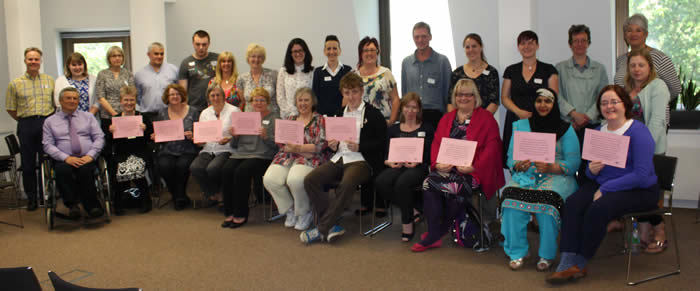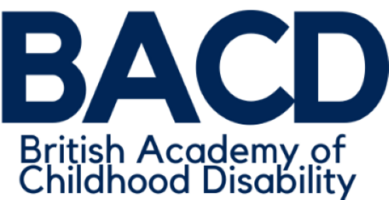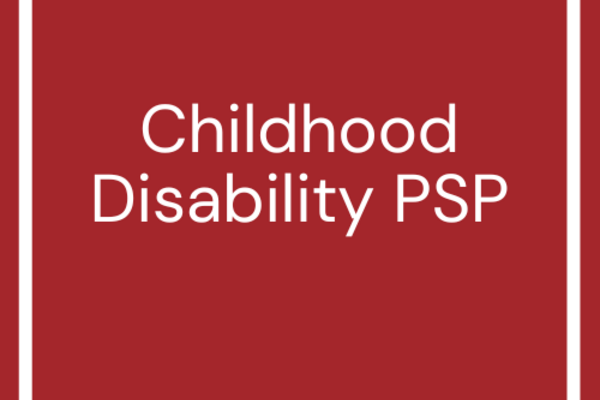
Background to the Childhood Disability Research PSP
One of the key aims of the British Academy of Childhood Disability (BACD) Strategic Research Group is to encourage and assist families, young people and clinicians to identify the research priorities for children and young people affected by neurodisability.
The James Lind Alliance (JLA) brings patients, carers and clinicians together in specific conditions to identify and prioritise the top 10 'unanswered questions', about the effects of treatments that they agree are most important. The top 10 'unanswered questions' are then perceived as a priority for research. The JLA calls this sort of activity a ‘Priority Setting Partnership’.
A proposal by the Strategic Research Group for a Childhood Disability Research Priority Setting Partnership was considered by the BACD Executive Committee in Spring 2012. BACD have allocated a small resource from the Paul Polani Fund to run a Childhood Disability Research PSP, following the JLA methods and focusing on ‘neurodisability’.
What sorts of issues are included?
Any ways to improve the health and/or wellbeing of children with neurodisability about which there is uncertainty of effectiveness. This includes medical and social interventions, mainstream and complementary and alternative therapies, or different ways of providing services; included are anything we could modify in the environment to improve these young people's health (see notes in the glossary for further clarification).
What is ‘neurodisability’?
For the purposes of this project: "Neurodisability describes a group of congenital or acquired long-term conditions that are attributed to impairment of the brain and or neuromuscular system and create functional limitations. A specific diagnosis may or may not be identified. Conditions may vary over time, occur alone or in combination, and include a broad range of severity and complexity. The impact may include disturbances of movement, cognition, hearing and vision, communication, emotion and behaviour." [For background to this definition click here].
The aim of the Childhood Disability Research Priority Setting Partnership was to identify and prioritise unanswered questions about the effectiveness of interventions for children and young people with neurodisability from patient, parent carer, and clinical perspectives.
Suggestions were gathered in an open survey, aggregated and framed as research questions, then checked against existing systematic reviews of research evidence to ensure they were unanswered. The topics were initially prioritised in a vote with stakeholders, and then discussed at a workshop by young people, parent carers and clinicians.
The Top 10 represents the ‘shared priority’ topics selected by participants at the workshop. We are also making available the topics ranked 11-25 and all the issues identified in the survey.
Press Release: A new updated release of the 'shared priorities' links the Top 10 topics to their listing in the UK Database of Uncertainties about the Effects of Treatments (UK DUETs) This enables you to access the original survey submissions and related reviews of the research evidence on the topic. (18 September 2014)
Press Release: Complete outcome of ranking the 25 topics discussed at the final workshop (23 June 2014)
These questions have also be entered in to UK DUETs.
The uncertainties raised and prioritised are the outcome of a systematic and transparent process that includes stakeholders that have often not had a say in setting the research agenda.
The Top 10 ‘shared priorities’ for research, and other topics identified, are a resource to inform government and charitable agencies that commission and fund research.
Publications
We are delighted that the research paper from the PSP has been accepted and published by BMJ Open. This is an open access journal and so the paper is freely available to all.
We have also produced a Plain Language Summary written by the steering group which can be used by any/everyone to tell the story of the PSP.



